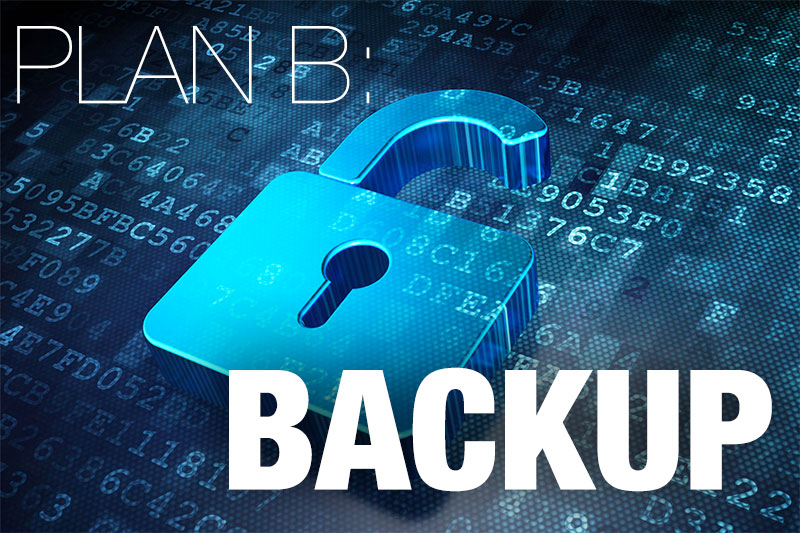Observing current trends in the online media, the topic of backups regularly pops up. Due to the rise of file-encrypting files, backing up your files has become a necessity rather than a luxury.

The power of data backups
While the issue of malware has been relevant already for a couple of decades, the statistical data[1] reveals that individual and corporate users only now realize the significance to make the copies of their valuable documents.
Previously, regular energy supply cut-offs and system crashes were the main reasons why some companies or individual netizens created the copy of their system image or separate files. However, the year of 2016, which has marked the new era of computer viruses[2], made users reconsider their attitude towards backups. The data shows that more than 42% of netizens[3] have managed to restore their data from such copies after getting struck by the malware.
While ordinary backups stored on another disc work in the case of less elaborate ransomware threats, some samples of the latter viruses even tend to delete shadow volume copies which might be the last resort for users to restore their files without any financial expenses. Alternatively, transferring files and applications from one device to another or renewing the operating system might also not go smooth which again leads to a data loss.
Cloud storage backups are getting popular
Due to the above-discussed reasons, having the copies of your valuable files on cloud storage, i.e., the Internet, gains new relevance. In the worst case scenario, even if the computer or other devices, containing your backups, get damaged physically; you will be able to find your data copies on the Internet.
Responding to users’ needs, multiple software developers offer their backup storage services. Perhaps there is no one which has not heard about Google Drive. Recently, the company launched an update – Backup & Sync[4], which allows users to store the copies of certain folders rather than individual files. Those, who are looking for a way to backup up to 1TB data, may use paid data storage devices.
Responding to users’ needs, multiple software developers offer their backup storage services. Perhaps there is no one which has not heard about Google Drive. Recently, the company launched an update – Backup & Sync[4], which allows users to store the copies of certain folders rather than individual files. Those, who are looking for a way to backup up to 1TB data, may use paid data storage devices.
In this regard, users may choose from iDrive, Carbonite, Backblaze[5] or any other backup services. Users with a low budget may also opt from a variety of free backup services.
To sum up, whether you occasionally browse the Web or spend hours in the virtual space, note that the risk of data loss always remains. However, you can significantly lower it if you will keep more than a copy of your files on a portable device and in the cyberspace.
COMMENTS